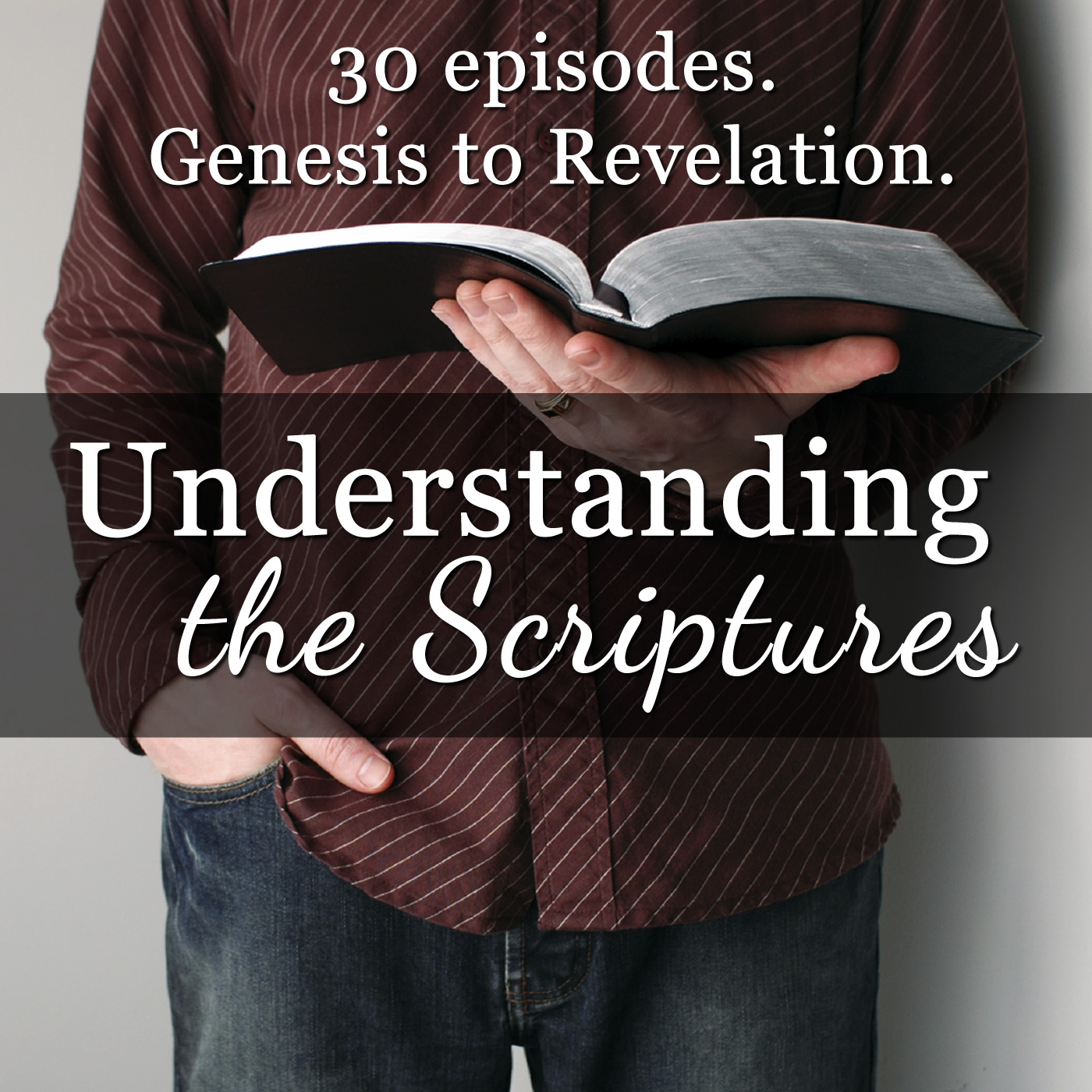Ch. 11 - Wise King Solomon
Description
In this lesson, Carson reviews the defining characteristics of the Davidic Covenant before moving into the reign of King Solomon. Bethsheba, whose name means Daughter of the Oath is elevated by her son, Solomon, to the office of Queen Mother. In eastern kingdoms - including the Davidic Kingdom - the mother of the king reigned as queen (not the king's wife). In Israel, the name Israelites used to refer to the Queen Mother is Gebirah, which is a Hebrew word meaning "Great Lady." We look at how this office is ultimately fulfilled by Mary, the mother of King Jesus, who is portrayed in St. John's Apocalypse as Queen Mother in the twelve chapter of the Book of Revelation.
Another prominent feature of Solomon's court is that of the vizier, which can be likened to the position of prime minister in the Western monarchies we are more familiar with. Just as Solomon built the Temple upon the eben shetiyah (Hebrew for "stone of foundation), so Jesus (the New Solomon) will build his Church (the New Temple) upon Peter (the New Eben Shetiyah). We then discern the papacy's foundation in Scripture using Isaiah 22:20-22, the narrative of Joseph and Pharaoh in Genesis, the narrative of Daniel Nebuchadnezzar in the Book of Daniel, the geography of Palestine, as well as Greek Aramaic etymology. When the evidence is clearly evaluated, we are able to understand how Scripture portrays Peter as the first pope.
More Episodes
This is the introduction to the Understanding the Scriptures podcast, which is a Bible study consisting of thirty 72 to 80 minute episodes, each of which is digitally recorded for your listening enjoyment.
Published 07/07/09
Published 07/07/09
In this lesson, Carson kicks off this exciting Bible course by describing the sacred, inspired nature of
the Bible, which is a quality unique to the 73 books of Sacred Scripture. What do we mean when we say that Scripture is inspired, and where do we go in the Bible itself to find this claim? ...
Published 07/07/09


